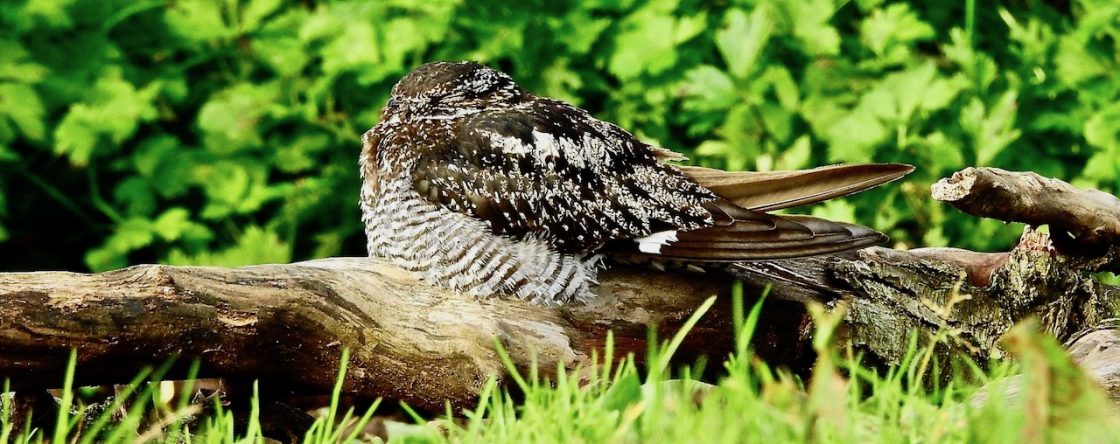
Shameless use of a press release while I am otherwise engaged… over to Kate Jones of the RSPB:
“Thousands of people across Merseyside are expected to watch and count their garden birds for the upcoming RSPB Big Garden Birdwatch 2018.
The world’s largest garden wildlife survey, now in its 39th year, takes place on 27, 28 and 29 January 2018. The public are asked to spend just one hour watching and recording the birds in their garden or local green space, then send their results to the RSPB.
Close to half-a-million people joined in the world’s largest garden wildlife survey in 2017, including almost 6000 in Merseyside, counting more than eight million birds and providing valuable information about the wildlife using our gardens in winter. The house sparrow remained top of the Big Garden Birdwatch rankings in the county, with blackbird and starling rounding off the top three.
To help prepare for Big Garden Birdwatch 2018, there are events on offer around Liverpool this January – from discovering how to attract more wildlife into your garden to gaining tips on how to identify the creatures that live on your doorstep.
Meet the RSPB Liverpool Local Group in the Palm House at Sefton Park, Liverpool on Sunday 21 January. Volunteers will be on hand from 12-4pm with information about taking part in the Big Garden Birdwatch, assisting with bird identification and advising on how to attract garden wildlife.
The RSPB will be at Otterspool Park in Liverpool on Sunday 28 January to provide information on Big Garden Birdwatch as well as advice on helping garden wildlife and identifying birds. Drop-in from 10am-3pm.
Daniel Hayhow, RSPB Conservation Scientist said: “The birds we see in our garden are often the first experience we have with nature – whether it’s a flock of starlings at the feeder, a robin perched on the fence or some house sparrows splashing in the bird bath. But it may come as a surprise to know that some of our most-loved species are in desperate need of our help as their numbers have dropped dramatically.
Species such as starlings and greenfinches have seen their numbers visiting gardens decline by 79 and 59 per cent retrospectively since the first Birdwatch in 1979.
Daniel added: “The Big Garden Birdwatch is a great opportunity to get involved with helping our garden wildlife. By counting the birds that visit your outdoor space, you’ll be joining a team of over half-a-million people across the UK who are making a difference for nature. It only takes an hour so grab a cuppa, sit back and see who makes a flying visit to your garden.”
As well as counting birds, the RSPB is once again asking participants to log some of the other wildlife they have seen throughout the year. This year, people are being asked to look out for badger, fox, grey squirrel, red squirrel, muntjac deer, roe deer, frog and toad.
To take part in the Big Garden Birdwatch 2018, participants should watch the birds in the garden or local park for one hour at some point over the three days. Only the birds that land in the garden or local park should be counted, not those flying over. The highest number of each type of bird seen at any one time then needs to be sent to the RSPB.
The parallel event, Big Schools’ Birdwatch takes place during the first half of spring term next year, 2 January-23 February 2018. Further information can be found at rspb.org.uk/schoolswatch
For a free Big Garden Birdwatch pack, which includes a bird identification chart, plus RSPB shop voucher and advice to help attract garden wildlife, text BIRD to 70030 or visit rspb.org.uk/birdwatch ”



















